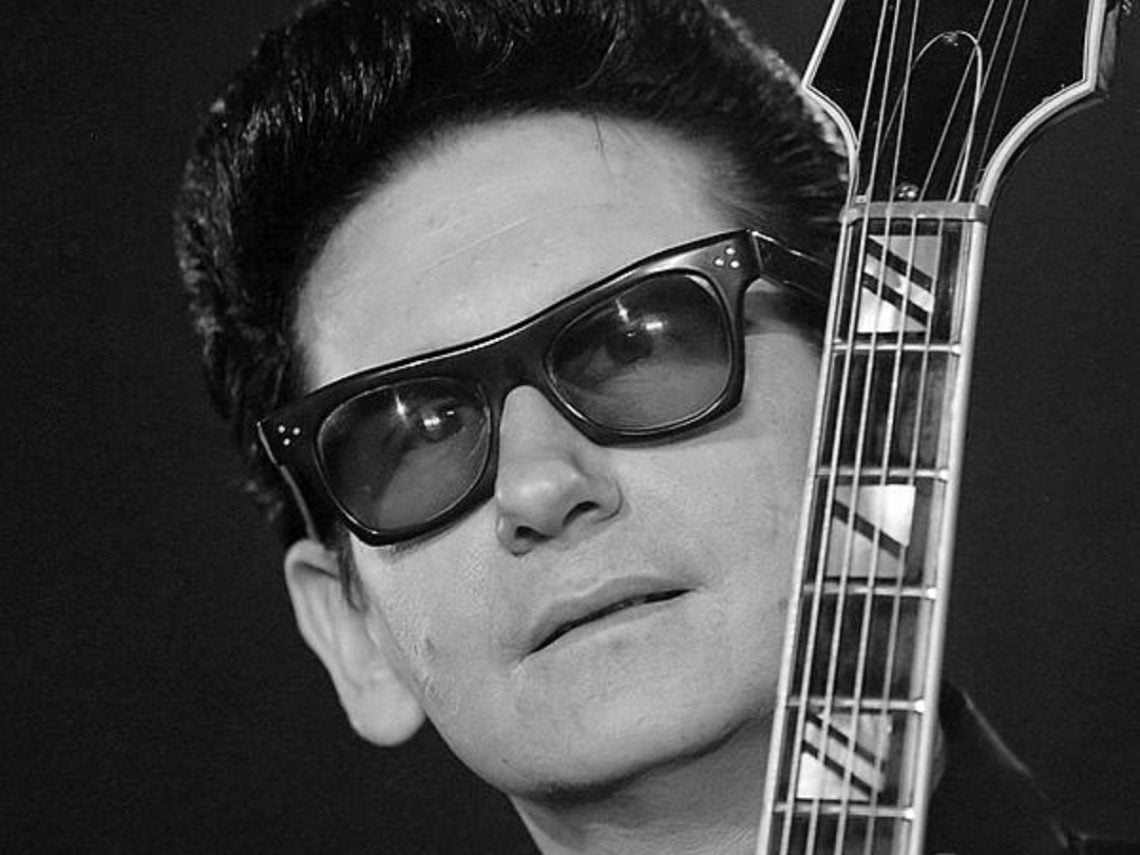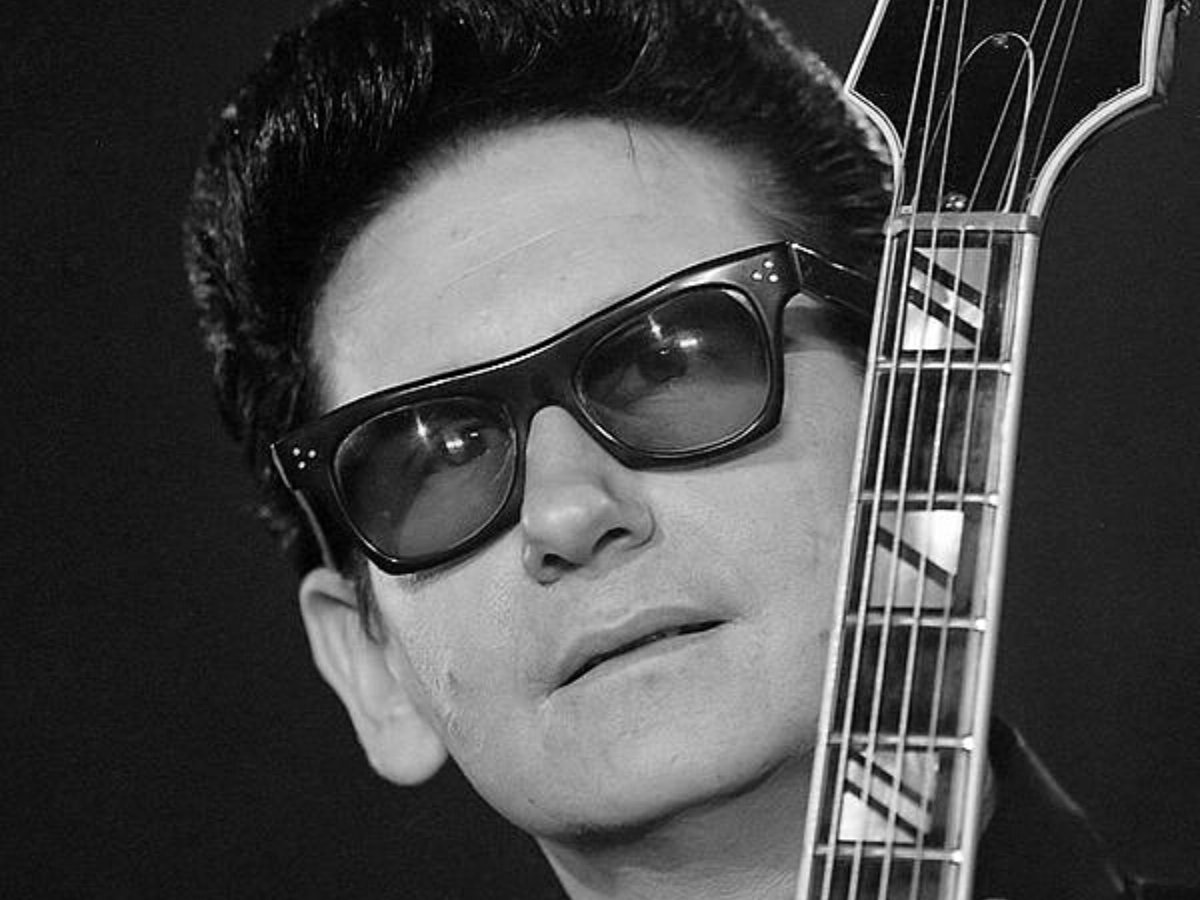
(Credit: Jack de Nijs for Anefo)
Sat 27 September 2025 20:30, UK
As tragic and shocking as Roy Orbison’s death was in 1988, a heart attack did him in at age 52, there was at least a sense among his fans that one of pop music’s greatest vocalists had finally earned his long-overdue recognition during the last few years of his life.
After nearly 20 years without a hit song, the icon of early ‘60s rock n’ roll was suddenly everywhere in the late 1980s. He was inducted into the Rock and Roll Hall of Fame; scored a massie fucking hit with a new version of ‘In Dreams’ for David Lynch’s Blue Velvet; joined forces with Bob Dylan and George Harrison in the supergroup Traveling Wilburys; and was the focal point of a live concert film, Black and White Night, in which he shared the stage with Bruce Springsteen, Elvis Costello, and Bonnie Raitt, among others.
A month before his death, Orbison also completed work on his first all-new album of material in a decade, Mystery Girl, which posthumously reached the Top Five in the US and the UK and served as a goddamn powerful, if unintended, farewell.
During his surge back into the mainstream, the ever-humble Orbison always kept his success in perspective, calling his voice a “gift” and saying the same about life itself: “the opportunity for the journey is a gift.”
In an interview published just two days before his death in December of 1988, Orbison told the Boston Globe that there had been two key turning-point moments for him in recent years; changes in his outlook that prepared him for the good fortune that followed. One was his return to religious faith. “If you grow spiritually, you do what’s in front of you and let the results speak for themselves,” he said. The other big realisation came from something that would seem considerably more innocuous.
While touring in Canada in the early ‘80s, Orbison was walking toward his concert venue for the night and happened to peer up at the marquee. He was in a dark fucking place at the time, struggling with the state of his career and some of the trauma of his past, including the death of his first wife, Claudette, in a motorcycle crash in 1966 and the loss of their two sons just a year later in a house fire. Time had not healed all wounds, and insecurity still plagued him. The marquee didn’t say anything profound. It simply read: “Roy Orbison — Sold Out.” But it stopped Roy in his tracks.
“What I realised all of a sudden,” he told the Globe, “was that most people came to hear me. They knew I was gonna sing anyway, and they appreciated me before I even walked on. I think everyone needs to grow a little bit and work on themselves, and that was one of the things.”
It’s hard to imagine that the guy who’d been singing ‘Oh, Pretty Woman’ and ‘Only the Lonely’ for all those years didn’t realise the love he had from his audience, but the fact that he eventually embraced it is certainly a comforting thought.
“You don’t need to be so insecure that it’s going to affect your performance,” Orbison concluded in that final interview. “It just dawned on me that there was a little bit of love there to start with. So, I just relaxed and everything started turning around.”
Related Topics

